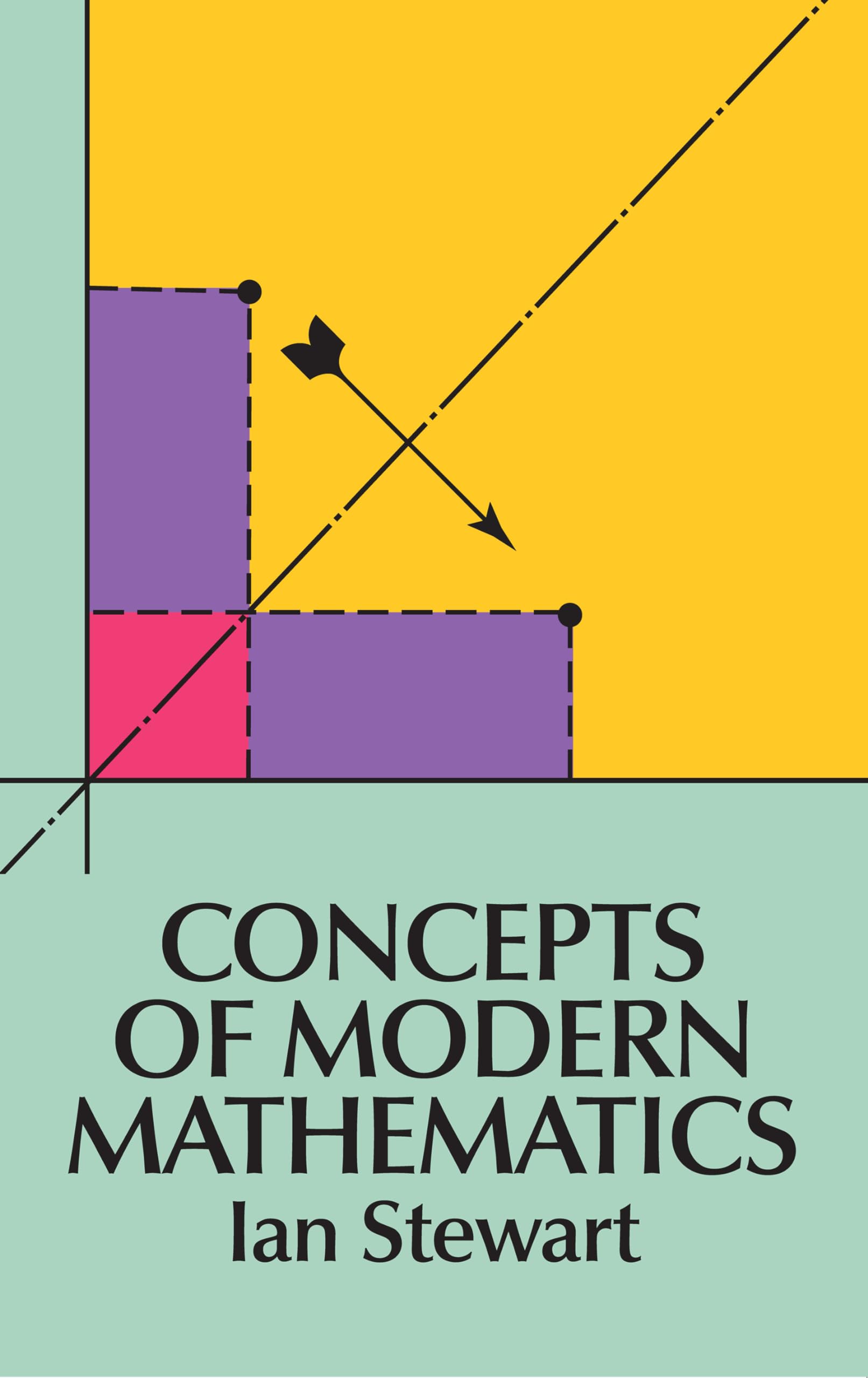Start with some school textbooks for grades 8-12 i.e. Secondary Education. This is more for a refresher course in the absolute basics.
The above can be supplemented with the following books to develop intuition;
1) Who is Fourier - https://www.amazon.com/Who-Fourier-Mathematical-Adventure-2n...
2) Functions and Graphs - https://www.amazon.com/Functions-Graphs-Dover-Books-Mathemat...
After this is when you enter undergraduate studies and you have to fight the dragon of "Modern Maths" which is more abstract and conceptual. In addition to standard textbooks; i suggest the following;
1) Concepts of Modern Mathematics - https://www.amazon.com/Concepts-Modern-Mathematics-Dover-Boo...
2) Mathematics: Its Content, Methods and Meaning - https://www.amazon.com/Concepts-Modern-Mathematics-Dover-Boo...
3) Mathematical Techniques (i am linking this so you can see the reviews but get the latest edition) - https://www.amazon.com/Mathematical-Techniques-Dominic-Jorda...
Finally, if you would like to learn about all the new-fangled mathematics your best bets are;
a) The Princeton Companion to Mathematics - https://www.amazon.com/Princeton-Companion-Mathematics-Timot...
b) The Princeton Companion to Applied Mathematics - https://www.amazon.com/Princeton-Companion-Applied-Mathemati...
One important piece of advice that i have is to become comfortable with the Symbols, Notation and Formalism used in Mathematics. Most students are intimidated by the Formalism (which is nothing more than a precise form of shorthand to express abstract concepts) and give up on studying Mathematics altogether. This is a shame since it is merely the Form and not the Function of Mathematics.
Concepts of Modern Mathematics by Stewart
https://www.amazon.com/Concepts-Modern-Mathematics-Dover-Boo...
Dover Version with Google Preview Button
http://store.doverpublications.com/0486284247.html
Introduction to Mathematical Reasoning: Numbers, Sets, and Functions
https://www.amazon.com/Introduction-Mathematical-Reasoning-N...
How to Prove It by Velleman
https://www.amazon.com/How-Prove-Structured-Approach-2nd/dp/...
[1]http://www.amazon.com/Mathematical-Ideas-Edition-Charles-Mil...
[2]http://www.amazon.com/Concepts-Modern-Mathematics-Dover-Book...
[3]http://www.amazon.com/Schaums-Outline-Discrete-Mathematics-R...
From the Amazon description:
In this charming volume, a noted English mathematician uses humor and anecdote to illuminate the concepts underlying "new math": groups, sets, subsets, topology, Boolean algebra, and other subjects. No advanced mathematical background is needed to follow thought-provoking discussions of such topics as functions, symmetry, axiomatics, counting, topology, hyperspace, linear algebra, and more. 200 illustrations.
---
[1]: http://www.amazon.com/Concepts-Modern-Mathematics-Dover-Book...
here's a whirlwind tour http://www.amazon.com/Concepts-Modern-Mathematics-Ian-Stewar...
http://www.amazon.com/Concepts-Modern-Mathematics-Ian-Stewar...
For access to a lot of mathematical concepts at a reasonable reading level, not at all expensive, I recommend Concepts of Modern Mathematics by Ian Stewart.
http://www.amazon.com/Concepts-Modern-Mathematics-Ian-Stewar...
Ian Stewart is a mathematician who loves to write popular writings on mathematics, and you can hardly go wrong with anything he has written.
From Zero to Infinity: What Makes Numbers Interesting by Constance Reid
http://www.amazon.com/Zero-Infinity-Makes-Numbers-Interestin...
is very accessible and covers a number of interesting topics.
The Art of Problem Solving by Richard Rusczyk and Sandor Lehoczky
http://www.artofproblemsolving.com/Store/viewitem.php?item=p...
http://www.artofproblemsolving.com/Store/viewitem.php?item=p...
is a straight-up contest preparation book, in two volumes, that your son may find interesting. Volume 2 is for high school level contests.
For an interesting (in places laugh-out-loud funny) book about the place of mathematics in modern life and how mathematicians think about mathematics, I recommend The Pleasures of Counting by T. W. Körner.
http://www.amazon.com/Pleasures-Counting-T-246-rner/dp/05215...
This one is more challenging as to reading level and as to mathematical level than the recommendations above, but well worth having around the house.


- Concepts of Modern Mathematics - https://www.amazon.com/Concepts-Modern-Mathematics-Dover-Boo...
- Methods of Mathematics Applied to Calculus, Probability, and Statistics - https://www.amazon.com/Methods-Mathematics-Calculus-Probabil... (all books by Richard Hamming are recommended)
- Calculus: An Intuitive and Physical Approach - https://www.amazon.com/Calculus-Intuitive-Physical-Approach-...
For a Textbook reference, the following are quite good;
- Mathematical Techniques: An Introduction for the Engineering, Physical, and Mathematical Sciences - https://www.amazon.com/Mathematical-Techniques-Introduction-... (easy to read and succinct)
- Mathematics for Physicists: Introductory Concepts and Methods - https://www.amazon.com/Mathematics-Physicists-Introductory-C...
For General reading (all these authors other books are also worth checking out);
- Mathematics, Queen and Servant of Science - https://www.amazon.com/Mathematics-Queen-Servant-Science-Tem...
- Mathematics and the Physical World - https://www.amazon.com/Mathematics-Physical-World-Dover-Book...
- Mathematician's Delight - https://www.amazon.com/Mathematicians-Delight-Dover-Books-Ma...